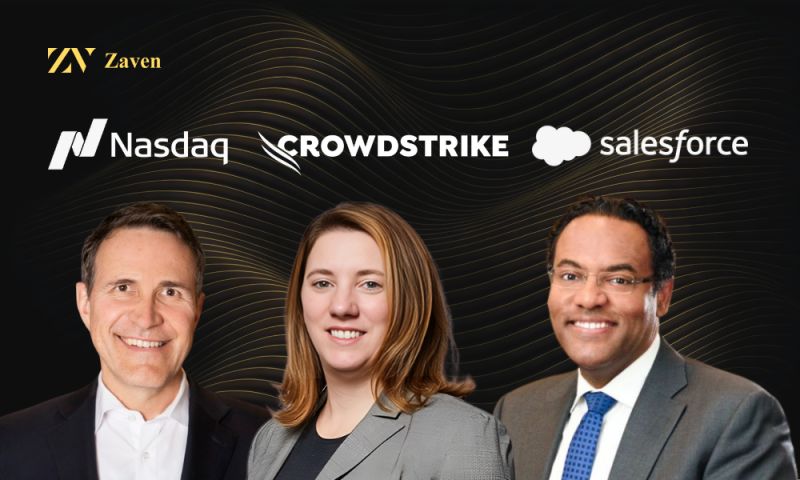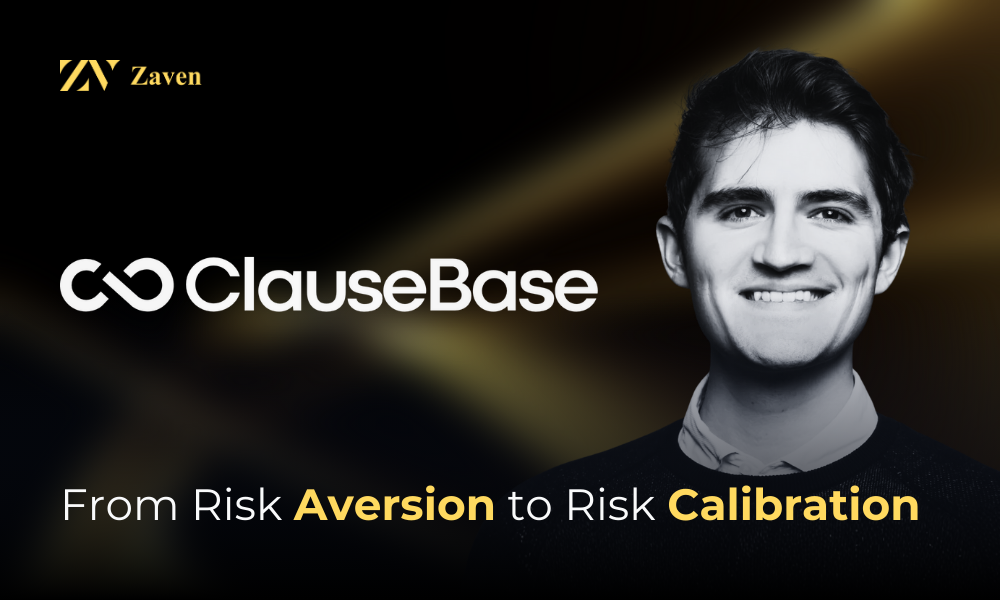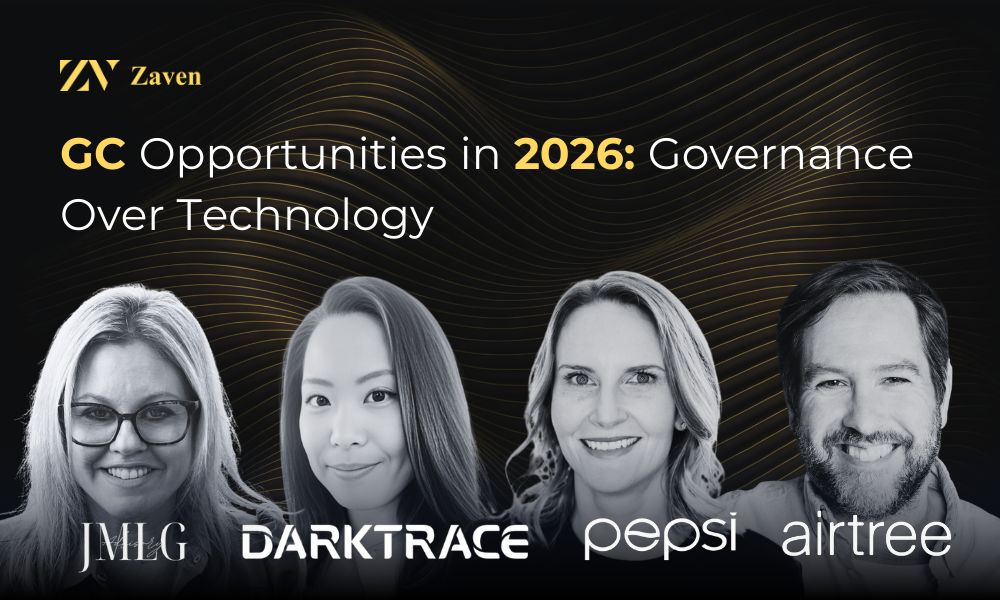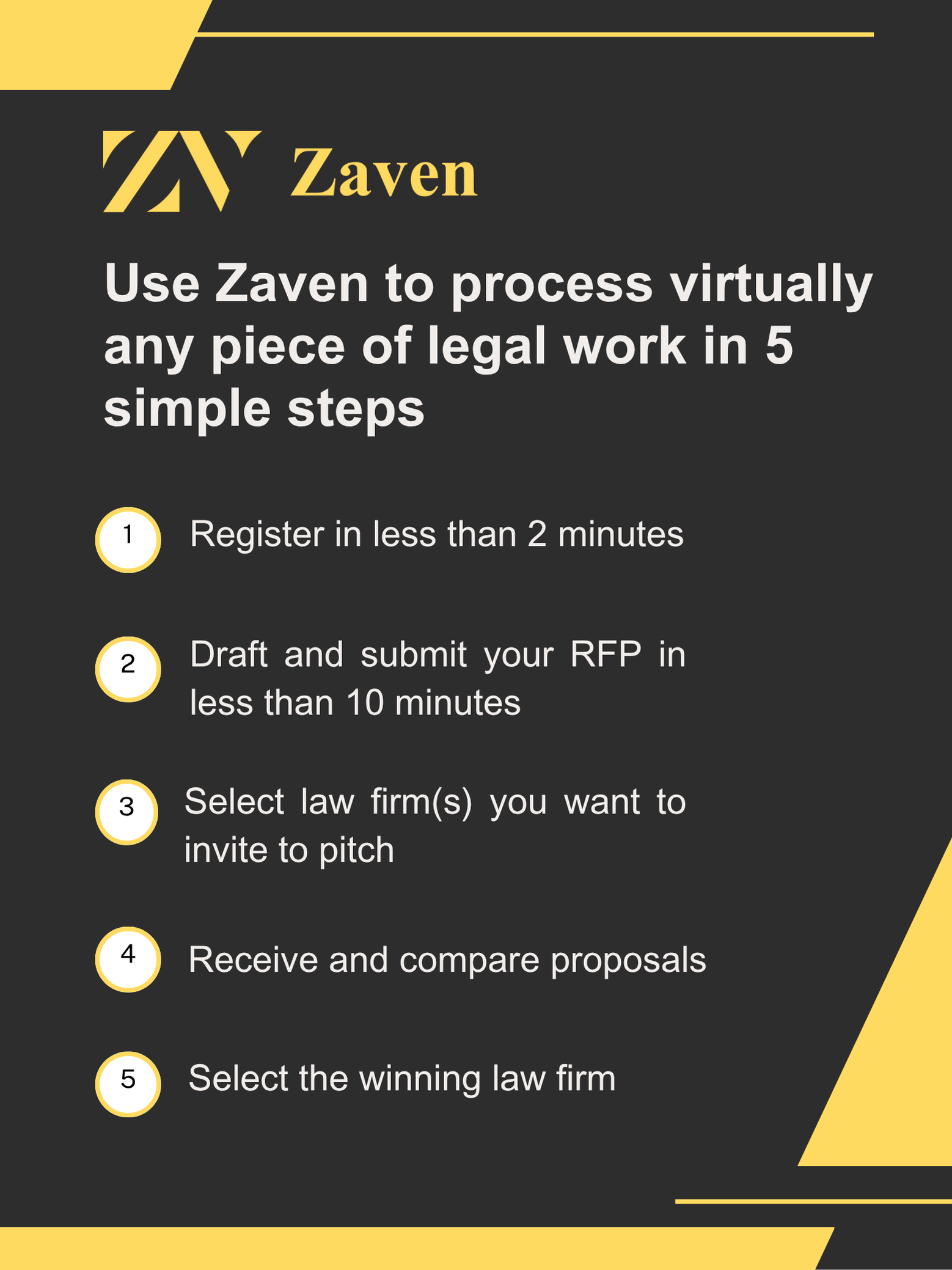Q: What makes AI relevant to corporate use—Is it “I still haven’t found what I’m looking for” or “I want it all, and I want it now”?
Rob: “I think we’re in an AI bubble right now, with lots of discussions around AI and how it can be applied in corporate settings. It’s essential to define processes, as needs vary by organization. Law firms, for instance, use AI differently from corporations since law firms often work on behalf of clients, whereas corporates focus on outcomes. For a corporate, the emphasis is on reaching a goal faster or reducing costs. It’s about using AI to streamline processes, whether it’s in e-discovery or contract review. So, while firms might be focused on profitability, corporates want efficiency and cost savings. It’s really about understanding the distinct needs in each sector.”
Q: When it comes to legal tech buying, should I “Stay or Should I Go”?
Rob: “That’s a crucial topic for me, having spent 15 years in legal tech sales. We often discuss how lawyers should buy technology but rarely consider how vendors should sell it. Selling legal tech is complex because, within the decision-making process, you’ll meet gatekeepers who can say ‘no’ but don’t have the power to say ‘yes.’ Selling a CLM tool to a legal department means engaging multiple stakeholders: compliance, sales, legal ops, and more. It’s vital to map this out and understand their individual goals, especially as some may fear the tech threatens their jobs. Building a roadmap for the sale that brings everyone on board is essential.”
Q: When it comes to client services, is it about “Money for Nothing” or understanding that “You Can’t Always Get What You Want”?
Rob: “This comes down to outcomes. In legal tech sales, it’s easy to get caught up in feature bashing—talking about all the things the product can do. But clients care about the outcomes, not the tech itself. GCs or senior partners want to know if it’ll reduce costs, mitigate risks, or increase revenue. They’re less interested in low-code, no-code, or uptime details. The real win is understanding each person’s specific needs: a paralegal might care about ease of use, while a partner wants to see how it impacts the bottom line. Tailoring the conversation to these outcomes helps everyone see the value.”






